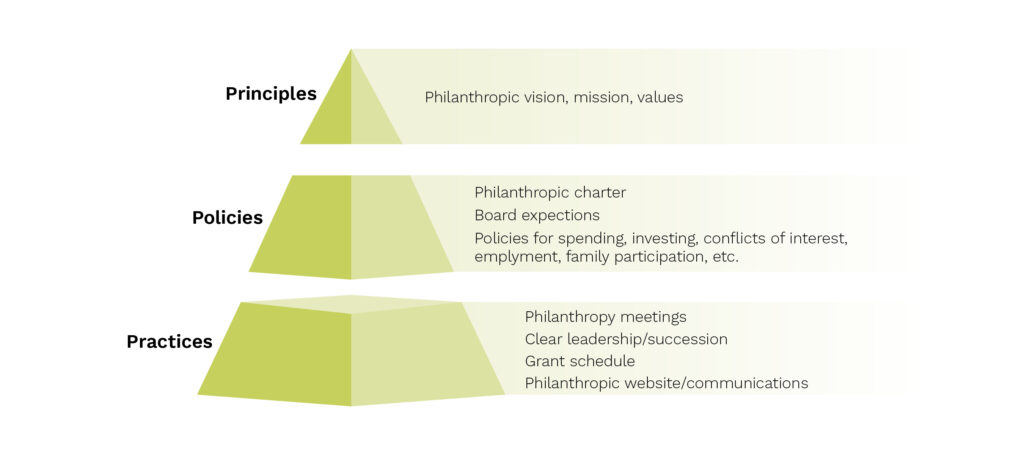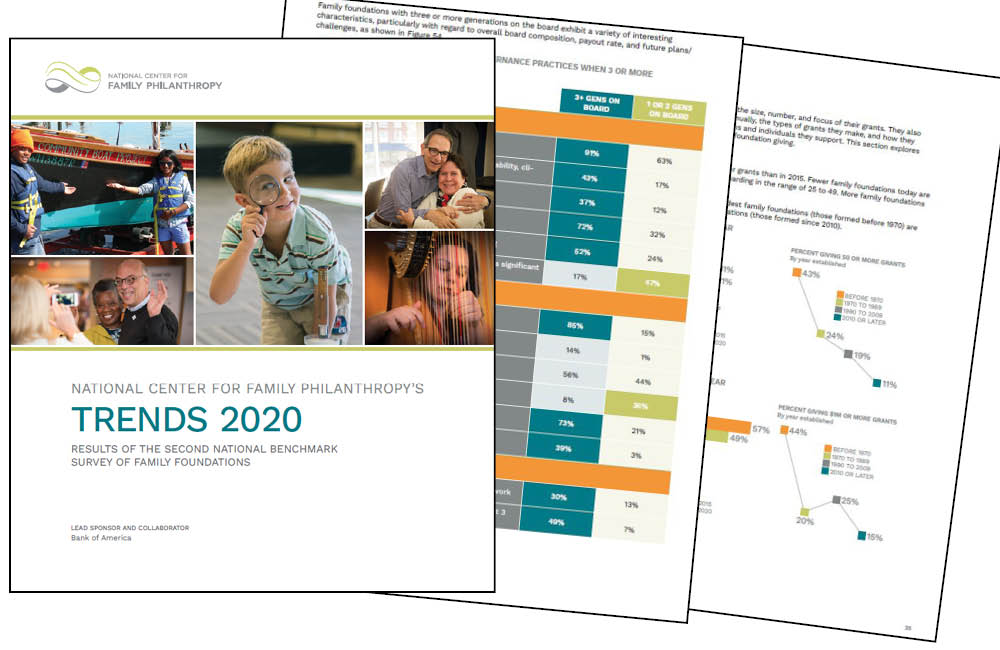Knowledge Center
Welcome to NCFP Knowledge Center, the premier source for family philanthropy information. Enhance your learning with individual resources and research, along with hand-crafted content collections on fundamental and emerging topics.
Featured Resources
Browse our comprehensive and continually expanding database of knowledge, tools, and learnings. Need help finding something? Contact our team.
Featured Collections
Find related resources all in one place with our curated content collections. The National Center for Family Philanthropy develops and aggregates best-in-class resources on common topics of interest so you can advance with confidence.
The NCFP Guide forEffective Family Philanthropy
In striving for and achieving impact, have we been effective?
Content Contributors
Thank you to our content contributors for sharing valuable resources for inclusion in the Knowledge Center.
- Arabella Advisors
- The Bridgespan Group
- Cambridge Associates
- Candid.
- The Center for Effective Philanthropy
- Council on Foundations
- Exponent Philanthropy
- Family Office Exchange
- The Foundation Review
- Giving Compass
- The Giving Practice
- GMA Foundations
- Grant Craft
- Grantmakers for Effective Organizations
- Independent Sector
- Lilly Family School of Philanthropy at Indiana University
- Lansberg Gersick Advisors
- National Committee for Responsive Philanthropy
- Open Impact
- The Philanthropic Initiative
- Pullen Consulting Group
- Rockefeller Philanthropy Advisors
- Strategic Philanthropy
- Trust-Based Philanthropy Project
- United Philanthropy Forum
- The Whitman Institute









